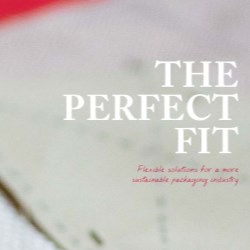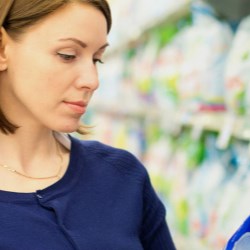If this is your company, CONTACT US to activate Packbase™ software to build your portal.

By 2050, according to the European Commission and other respected scientific sources, if we follow our current path we will be extracting five times more resources than we do today. This is clearly not sustainable in a world where 9 billion people will depend on planet Earth for food, water and a place to live! To this end, Europe has embraced the “Resource Efficient Europe” initiative and is striving to move towards an increasingly circular economy.
Resource efficiency is about doing more with less, using resources sustainably and minimising our impact on the environment. Our biggest consumption impacts on the environment come from food, buildings, transport and from the many “products” that are part of our daily lives. These are the areas that need to change the most and flexible packaging already plays an important role helping to achieve this. The following areas give more details as to how flexible packaging does this.
How Resource Efficient is Flexible Packaging?
IFEU, an independent research organisation, was asked to evaluate 2 scenarios: 1) if all flexible (food) packaging was replaced by a non-flexible pack and 2) if all non-flexible packaging was replaced by a flexible pack alternative.
The results of this study showed that in the first scenario, an additional 23 million tons of packaging would be required (+67%). Even if all this additional non-flexible packaging was recycled (i.e. a recycling rate of 100%), the carbon and water footprints would increase by more than 5%.
However, if all non-flexible packaging was replaced by flexible packaging, as in scenario 2, this would prevent a massive 26.5 million tons of packaging from entering the waste stream. This would represent a reduction of 77% of the weight of packaging needing to be recycled or recovered at the end of life when it becomes waste.
In addition to this resource efficient use of materials, the net effect on the environmental impact would be to reduce the carbon and water footprints by almost 40% … and that was assuming no recycling (37% energy recovery only) of the flexible packaging.
To verify both the approach and the magnitude of these results, a 3rd party LCA agency, Carbotech AG, was asked to review them. Carbotech confirmed that, when using their own data sets, their results confirmed the IFEU findings and the main conclusion that flexible packaging is very resource efficient.
To see more details about the study please click here. To see an infographic of the main results, please click here.








